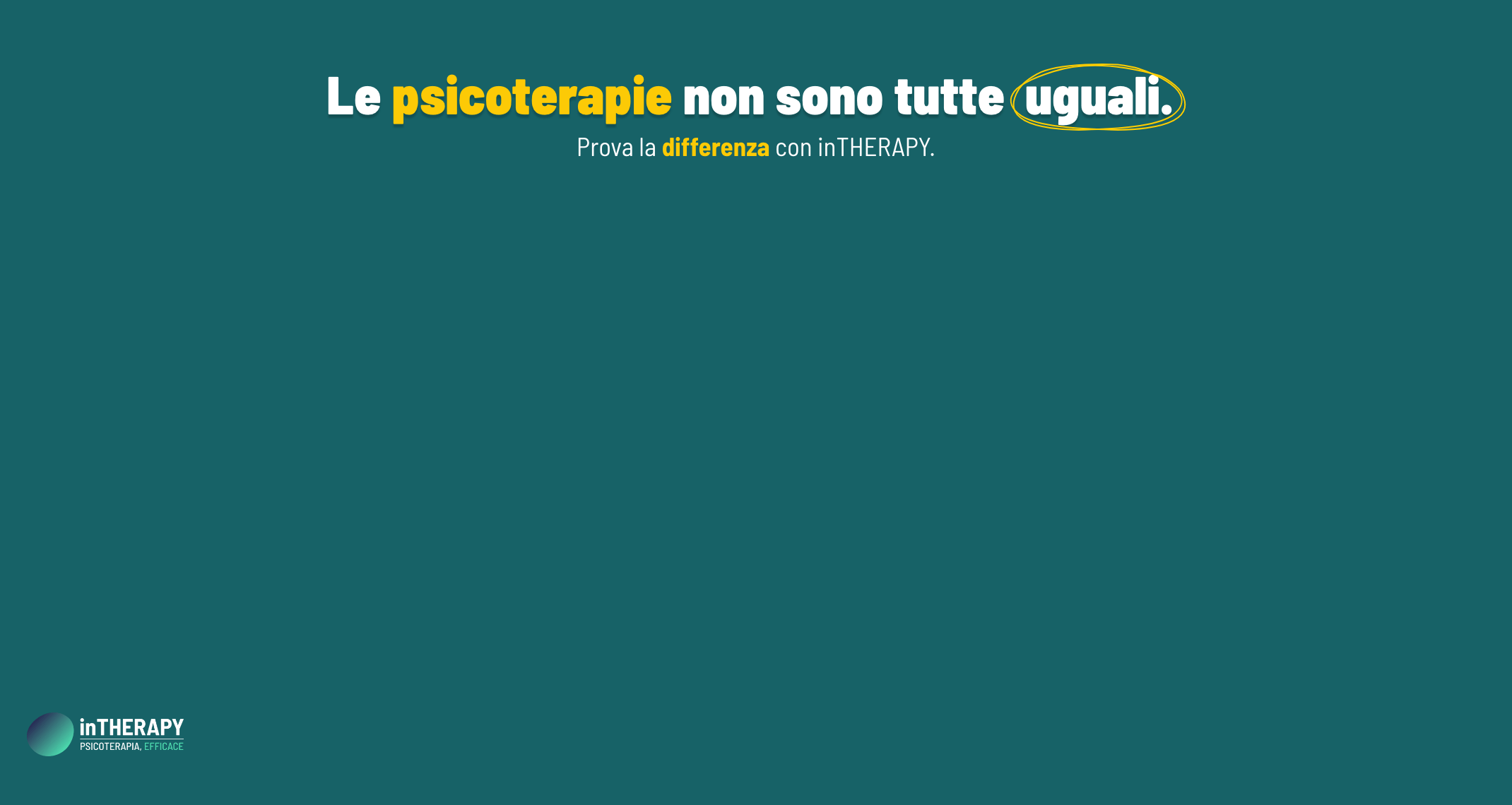The bridge between research and practice: updates from Open Minds.
Why do people not access mental health services?
The role of Public Stigma and Self-Stigma
Although each year approaching 30% of the population worldwide has some form of mental illness, at least two thirds receive no treatment. This under-treatment occurs even in countries with the best resources, while the proportions of people with mental illness who are treated in low and medium resource countries (LAMIC) are far less (Wang et al., 2007).
Two factors which contribute towards this degree of neglect are the reluctance of many people to seek help for mental illness related problems because of their anticipation of stigma should they be diagnosed, and the reluctance of many people who do have a diagnosis of mental illness to advocate for better mental health care for fear of shame and rejection if they disclose their condition (Kohn et al., 2004a).
Stigma is believed to be one of the major barriers to seeking treatment, because both possession of a psychological diagnosis and the act of seeking treatment appear to be stigmatizing.
Stigma is related to treatment avoidance in at least two ways: First, people wish to avoid possibly being publically identified and labeled as “mentally ill” by seeking mental health counseling. Second, by seeking treatment people implicitly accept the label of “someone who needs psychological help” which can threaten self-esteem.
Public stigma may be defined as the typical societal response that people have to stigmatizing attributes, and self-stigma represents the internalized psychological impact of public stigma. Through self-stigmatization, people can experience losses in self-esteem and self-efficacy. Though common, such losses are not the automatic consequences of possessing a stigmatizing characteristic. Awareness and endorsement of public stigma as well as application to the self are thought to be necessary to generate self-stigma and the emotions of shame, fear, embarrassment, and alienation are central to self-stigma.
In which way it can be assumed that self-stigma and public stigma would influence attitudes toward help-seeking?
In a study from Bathje & Pryor (2011) self-stigma was found to fully mediate the relationship between awareness of public stigma and attitudes toward help-seeking and partially mediate the relationship between the most prominent component of endorsement of public stigma (sympathy) and attitudes toward help-seeking. Thus, simply being aware that mental illness is stigmatizing does not directly impact attitudes toward help-seeking. Instead, it appears that it is the internalization of stigmatizing beliefs and the resulting harm to self-esteem (self-stigma) that leads an individual to have negative attitudes toward help-seeking.
Self-stigma only partially mediated the relationship between endorsement of public stigma and attitudes toward help-seeking, meaning that both the sympathy and controllability components of endorsement directly influence attitudes.
Finally, attitudes toward help-seeking were found to fully mediate the relationship between self-stigma and intentions to seek counseling when mental health concerns are experienced.
LEGGI ANCHE:
- ENGLISH ARTICLES
- ARTICOLI SU: PSICOLOGIA E PSICHIATRIA PUBBLICHE
- ARTICOLI SU: STIGMA
REFERENCES
- Bathje, G. J., & Pryor, J. B. (2011). The relationships of public and self-stigma to seeking mental health services. Journal of Mental Health Counseling, 33(2), 161-176.
- Kohn R., Saxena S., Levav I. & Saraceno B. (2004a). Treatment gap in mental health care. Bulletin of the World Health Organization 82, 858-866.
- Wang P.S., Guilar-Gaxiola S., Alonso J., Angermeyer M.C., Borges G., Bromet E.J., Bruffaerts R., de Girolamo G., de Graaf R., Gureje O., Haro J.M., Karam E.G., Kessler R.C., Kovess V., Lane M.C., Lee S., Levinson D., Ono Y., Petukhova M., Posada-Villa,J., Seedat S. & Wells J.E. (2007). Use of mental health services for anxiety, mood, and substance disorders in 17 countries in the WHO world mental health surveys. Lancet 370(9590):841-850.



